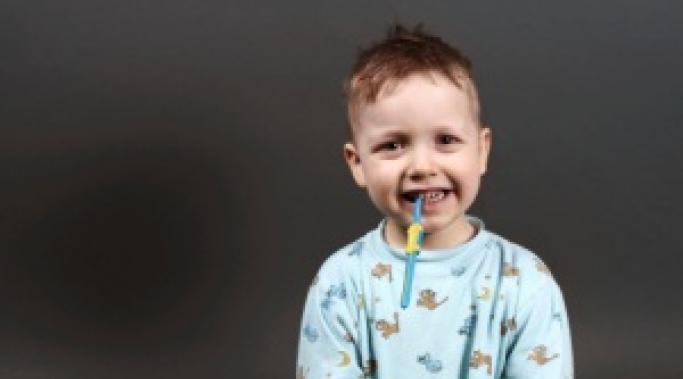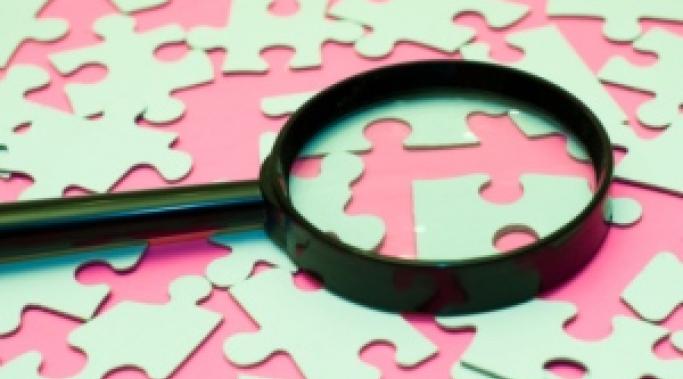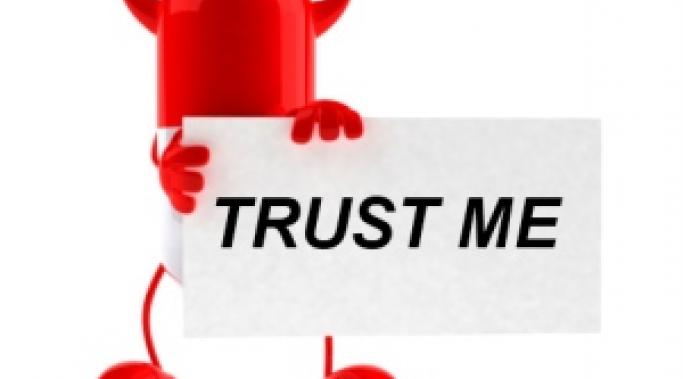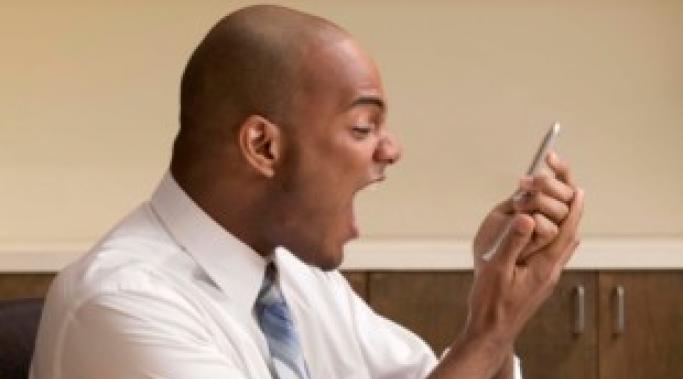I spend a lot of time complaining about the ignorance of others--those who don't understand pediatric psychiatric illness and, therefore, use my child to educate themselves (or, even worse, try to educate me about my child). Particularly bothersome are people who seem to think every. single. undesirable behavior is directly related to Bob's psychiatric diagnoses (bipolar disorder and ADHD). It's maddening trying to explain to them not every issue is Bob-specific, that some behaviors are common to all children.
It's even worse when the offender is...me.
Bipolar Child
We may not know exactly why, but as parents of children with psychiatric conditions affected by season changes (seasonal affective disorder, SAD), we can be pretty certain when our kids are going to develop their own version of "spring fever." The question is--what can we do about it?
Ah, spring. The days get longer, the nights get shorter. Warm breezes threaten the remaining snow drifts from winter's storms. Almost as soon as the groundhog sees its shadow, swimsuits and light jackets appear in stores. Valentine's candy is replaced by Easter candy and all the bunnies, green grass, and baby chicks you can handle. Even if you live under a rock and miss all these signs, you'll know spring is on its way when you call your child's therapist and find her booked through mid-July. It seems spring not only brings out the birds, bunnies and chocolate eggs with gooey filling. It also brings out the crazy.
Today's Phone Call from School involved a camera. My first (horrified) thought was that Bob had been sneaking bathroom-cam video of his female classmates, but it wasn't quite that serious. He had merely taken his camera to school, insisted on having it out during class, and refused to put it away. But when the teacher took it from him, his anger escalated to the point he shoved another student, threw a book, and ran out of the classroom. Staff found him hiding in the restroom and the principal escorted him to the office.
And it's only Tuesday morning (What Works When Disciplining a Child with Mental Illness).
I recently made the decision to send Bob, my son with bipolar disorder, back to his last therapist. I don't have high confidence in talk therapy for a variety of reasons, as I have previously discussed. One of those reasons was brought to light after Bob's second session: therapists don't always get the whole story.
After several phone calls and missed fax transmissions, I finally had Bob's most recent lab results in my hand and his psychiatrist's. His lithium level was surprisingly low. His BUN, however, was high--enough to generate concern he may be developing lithium sensitivity. His psychiatrist suggested the labs be reviewed by his general practitioner prior to making our next move.
I had forgotten long-term lithium use can lead to kidney failure. I have since added that to my list of Things to Worry About at 3 AM, and asked myself the question: Am I sacrificing my child's physical health for his mental health? Can't he have both?
It's the last week of January, and there's a whole lot of crazy goin' on. In Bob's case, particularly, he is climbing up his usual mid-winter spiral into mania. It's frustrating. Throw in some miscommunication among treatment providers and it becomes downright maddening.
One of the things I have tried hardest to avoid is having a house divided. Regardless of the differences in our DNA, I wanted our family to function as one cohesive unit. But lately, despite my best efforts, one of the sheep is doing his best to separate himself from the flock. And it's driving me nuts.
Last week, I received an email from Bob's teacher, filling me in on his first week back at school following winter break. It was about what I expected--he's been pretty hateful and nasty to his peers, unwilling to follow directions, and sneaking around in order to get his way without getting in trouble. In short, not much different than how he's been acting at home for the past couple of weeks. Once again, I ask myself the question--is it time for talk therapy?
You know the feeling. You're tired--no, make that exhausted, your head hurts, your stomach hurts, and you just can't seem to be able to get with the program. And you haven't had a drop to drink. Then you look at the calendar and realize it's the first week of January.
Welcome to the "Holiday Hangover."









